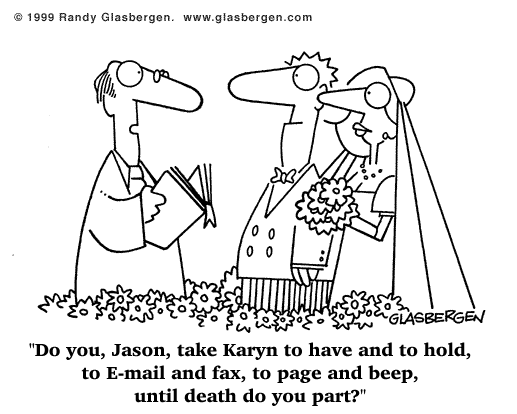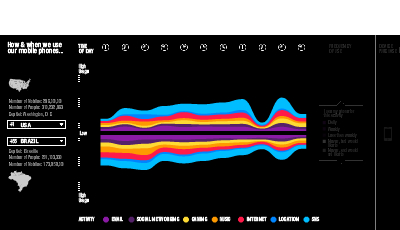 Today, I attended a tweet-chat (think: text-based conference call held on Twitter) that took a hard look at the mobile app economy. This was sponsored and moderated by Amdocs Interactive and Peggy Ann Saltz from MSearchGroove. Besides getting a chance to interact with a few folks who could spare an hour to discuss the finer points on this topic, it offered some things I wanted to pass along here to possibly spark some conversations in the digital faith arena.
Today, I attended a tweet-chat (think: text-based conference call held on Twitter) that took a hard look at the mobile app economy. This was sponsored and moderated by Amdocs Interactive and Peggy Ann Saltz from MSearchGroove. Besides getting a chance to interact with a few folks who could spare an hour to discuss the finer points on this topic, it offered some things I wanted to pass along here to possibly spark some conversations in the digital faith arena.
Questions that Brokered the Chat
Here are the questions that fostered the conversation:
- Q1 – What are the key content trends based on real data passing through your systems?
- Q2 – What is the impact of the Amazon app store & what does Google’s response tell us?
- Q3 – What is the role of the mobile operator?
- Q4 – What revenue share can/should operators expect?
- Q5 – With commerce poised to be THE next big thing in mobile – are operators heading for a showdown with banks and credit card companies?
Of these questions, ministries and developers need to pay the most attention to the first three as it relates specifically to their efforts in mobile, and the potential hurdles that you’d encounter.
Observations
For example, I noted that one of the characteristics happening in the mobile apps market for digital faith apps is that there are two kinds of approaches being taken by new market entrants. The first is that of multimedia-text mash-ups in smartphone-rich regions (US, Western Europe). This is a case of “putting a new spin on old norms” while bridging the gap to other experiences to come. The second is the concentration of audio downloads of literary and learning content in other regions. In action here is the understanding that (a) connectivity isn’t cheap, and (b) access limitations means that people want to engage the ears before engaging the eyes (Romans 10:17 if you will).
That doesn’t mean that social networking efforts are for naught. I also mentioned that there’s action happening here. Social networking in the digital faith context has looked more like bringing along familiar markets to the future, not necessarily cutting new paths. But, its yet to be proven that social media is a consistent or profitable path for all opportunities in mobile or otherwise (the opposite is more true it seems).
Concentrating on those first three questions, if you are developing or publishing, you really should be paying attention to Amazon’s work. One of the experiences that eats at me is how hard its been for my mother to find Bibles and Biblical content on her Nook Color. Alternate app stores like Amazon, B&N, and others are areas where there’s potential for audience engagement, and longer-term relationships with people who might not have or like the brighter (name-brand) lights of the Android Market or iTunes App Store.
Engage the Conversation
Those are just some of the items that passed through this conversation. You can take a look at the conversation as it evolved through the Twitter Search or TweetChat links. We’ll be sure to retweet the summary posts made by MSearchGroove and any other participants. In terms of defining a strategy for mobile/digital faith efforts, these kinds of views are needed.
 There’s a phrase that I’ve come to hate as I’ve ministered within the Church. It’s a phrase that, more than any other, tells me, “Don’t try to teach me anything – I’m perfectly happy where I am, thanks.”
There’s a phrase that I’ve come to hate as I’ve ministered within the Church. It’s a phrase that, more than any other, tells me, “Don’t try to teach me anything – I’m perfectly happy where I am, thanks.” A few recent conversations have me thinking a good bit about age and multiple languages, and how mobile addresses but also adds questions.
A few recent conversations have me thinking a good bit about age and multiple languages, and how mobile addresses but also adds questions.


